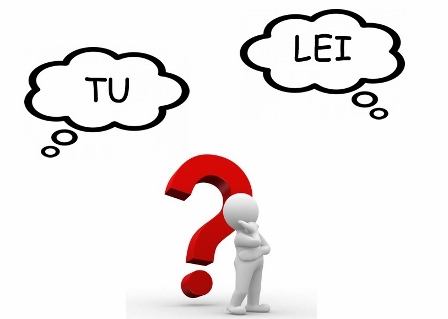
 Umberto Mucci
Umberto Mucci
Italian language: No Need to Kiss the Ring, Just Use “Lei”
- WTI Magazine #81 Jul 16, 2016
-

 Umberto Mucci
Umberto Mucci
WTI Magazine #81 2016 July 15
Author : Giulia Casati for the Italian School NJ Translation by:
English and Italian grammar are very different. Anybody that studies Italian can tell that the Italian and English grammar, specifically the verb tenses and the nouns, are completely different. But the most foreign concepts to English speakers is the existence of the "polite form" in Italian. In Italian culture, there is a great sense of boundaries and respect among the people which permeates everyday life. This kind of formality is shown in the Italian language by the use of the polite form and the pronoun "lei."
"Lei," in Italian, technically means "she," but, when used as the polite form, it is used to refer to any gender, masculine or feminine. It might be strange at first to use it for a man, but it is, in fact, correct. Moreover, even though it is used as a polite "you," "lei" is conjugated as a third person singular (he, she, it). If this all sounds confusing to you, then you wouldn't be the first person to scratch their head at this Italian quark.
The use of "lei" is very common in everyday life. One would use this form when referring to a teacher, an elderly person, or any adult you don't know very well, regardless of their gender. For example, it would be extremely rude for a student to address or speak to a professor as "Puoi rispiegare l'argomento?" (can you (informal) explain the topic again) which uses the "tu/you" form, instead of "Può rispiegare l'argomento?" which uses the "lei" form. The student could get written up for inappropriate behavior and would be asked to use the polite form. But, not even the worst students ever dare go so far to use the "tu" form with a teacher. The use of "tu" in this case is socially unacceptable, as it would be inappropriate to use the "tu" when talking to a cashier, your grandfather's friend, or to the lady in front of you in the line at the movie theater.
"Lei" wasn't always part of the Italian language. If we go all the way back to the Romans, in fact, they used the informal "tu", or "you" when referring to anyone from Caesar to the slaves. The polite form of "you" didn't even exist in ancient Rome. So the Italians didn't get it from the Romans, where did it come from?
According to the Accademia della Crusca, the most important institution regarding the Italian language, "lei," feminine pronoun, started to be used in the 1500s when referring to the Italian lords as "Vostra Signoria" which is, indeed, a feminine noun. From this expression, the use of the female pronoun "lei" consolidated in the 1600s and it became used as a common formal expression to show respect. However, since in this same time period the Spanish settled in Italy, many intellectuals believed that this new pronoun, "lei," was of a foreign origin. Therefore, many intellectuals of the time did not accept "lei" and tried, unsuccessfully, to get rid of it. But, Italians are stubbornly attached to their use of this particular pronoun.
In the late 1930s, Mussolini and the Fascist Regime tried again to get rid of the "lei" form, and ordered the entire population to use the alternate version of "lei:" "voi" or "you all." However, the Regime's unpopularity in many parts of Italy created a backlash towards "voi,"and as soon as Fascism fell Italians went back to using their beloved "lei."
The "lei" form isn't just a courteous pleasantry; it is an expected part of life in Italy. Just to drive home the point, if an old woman crashed into your car it would be expected that you might curse at her for wrecking your beautiful new Fiat 500, but as long as you used the "lei" form it would be culturally acceptable to tell that old lady off.